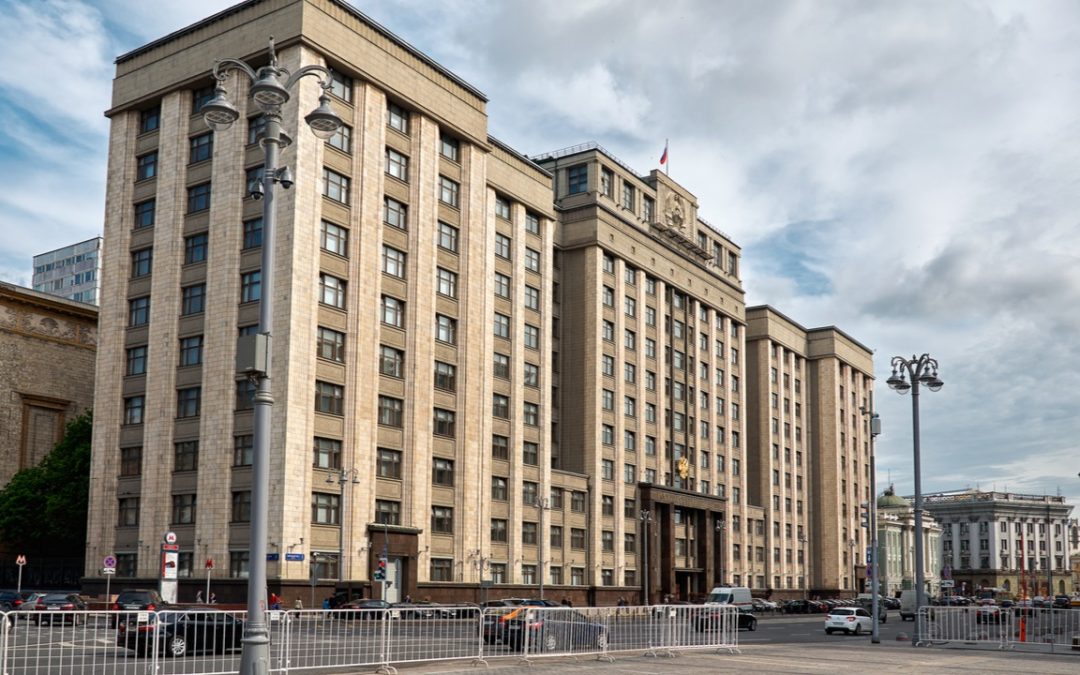A bill updating Russia’s tax law to incorporate provisions pertaining to cryptocurrencies has been filed with the State Duma, the lower house of parliament. The legislation is tailored to regulate the taxation of sales and profits in the country’s market for digital assets.
Russian Deputies to Review Law on Crypto-Related Taxation
The federal government of Russia has submitted to the State Duma a draft law introducing rules for the taxation of transactions involving cryptocurrencies. The bill will make the necessary amendments to Russia’s tax code to answer a range of outstanding questions.
One of the aspects is the application of value-added tax (VAT). According to the authors, VAT should be levied on services provided by operators of platforms issuing or exchanging digital financial assets (DFA), a term encompassing cryptocurrencies in current Russian law.
The tax base for “digital rights,” another legal definition that covers security and utility tokens, will be determined as the difference between the sale and acquisition price of the token, Forklog reported, quoting the document.
Russian entities owning tokens will pay 13% of the revenues from their digital rights while the tax rate for foreign companies will be 15%. The issuers of digital financial assets will be obliged to file tax reports on the parties involved and the transactions made during the current year by Feb. 1 of next year.
The law will not affect Russians holding cryptocurrencies, Andrey Tugarin, managing partner at the law firm GMT Legal, told the crypto news outlet. He explained that the bill concerns only the market for digital financial assets and digital rights. The tax regime it introduces mirrors the one applicable to the securities market.
Parallel to the tax bill, the Russian government is also preparing to file a new draft law “On Digital Currency,” recently revised and submitted to the cabinet by the Ministry of Finance. The department is a proponent of the legalization of cryptocurrencies while the Bank of Russia opposes it.
Expectations are that the two pieces of legislation will both be adopted during the spring session of the State Duma. They will complement the law “On Digital Financial Assets,” which went into force in January 2021 and only partially regulated the country’s crypto sector, to establish a comprehensive legal framework for cryptocurrencies.
Do you expect Russia to quickly adopt the new crypto laws? Let us know in the comments section below.










